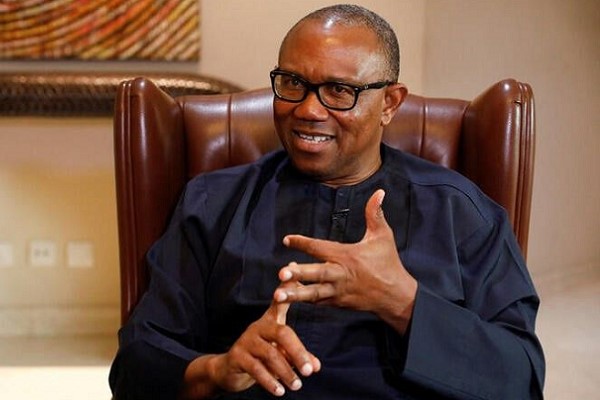The Nigerian government, through the Federal Competition and Consumer Protection Commission (FCCPC), has given traders and market stakeholders a one-month moratorium to reduce prices to fair levels.
The announcement was made by the newly appointed Executive Vice Chairman of the FCCPC, Mr Tunji Bello, during a one-day stakeholders’ engagement on exploitative pricing held in Abuja on Thursday.
Bello noted that the Commission was taking the step to address the growing concerns over the affordability of basic commodities, which had continued to strain the finances of many Nigerian households.
The News Agency of Nigeria (NAN) reports that various market associations were present at the engagement.
Bello stated that the meeting aimed to address the increasing trend of unreasonable pricing of consumer goods and services and the unethical practices of market associations.
He stressed an example from the Commission’s findings: a fruit blender called Ninja was priced at $89 (approximately N140,000) in a popular supermarket in Texas, but the same blender was being sold for N944,999 in a supermarket on Victoria Island, Lago
Bello questioned the rationale behind the arbitrary price increase compared to the Texas market. He pointed out that unethical practices, including price fixing, were jeopardizing the stability of the economy.
“Under Section 155, violators, whether individuals or corporate entities, face severe penalties, including substantial fines and imprisonment if found guilty by the court,” Bello stated.
“This is intended to deter all parties involved in such illicit activities. However, our approach today is not punitive. I, therefore, call on all stakeholders to embrace the spirit of patriotism and cooperation. In this spirit, we are providing a one-month moratorium (September) before the Commission begins strict enforcement,” he added.
Bello explained that the government was aware of the issues raised by market stakeholders.
“We have listened and recognize that you have genuine concerns. The government has a responsibility to address these problems. However, we must also hold ourselves accountable,” he said.
He added that some traders were colluding to exploit consumers.
Some market stakeholders at the engagement attributed the rising prices of goods and services to factors like high transportation costs, insecurity, and multiple taxation.
Mr Ifeanyi Okonkwo, Chairman of the National Association of Nigerian Traders, FCT Chapter, noted that charges on imported goods at the ports also contributed to price hikes.
He urged the Commission to establish a task force and involve the association in enforcement efforts.
Mr Emmanuel Odugwu from Kugbo Spare Parts Market shared that the cost of transporting a trailer load of tyres from Lagos to Abuja had increased from N450,000 to over N1 million.
Ms Kemi Ashiri, Liaison Manager for Flour Mills, called for the harmonization of regulatory fines to support business growth.
Ikenna Ubaka, representing supermarket owners, claimed that high bank interest rates (over 30%), rent increases, and price hikes by distribution/supply chains were driving up costs.
He also said that electricity distribution companies were charging supermarkets exorbitant rates.
Mr Solomon Ukeme, representing the Master Bakers Association, pointed out that the rising costs of key ingredients like flour, sugar, and butter were leading to higher prices for baked goods.
He stated that a bag of flour, previously sold for N34,000, was now priced at N74,000. Ukeme also identified multiple taxation as a significant factor contributing to the high cost of bread.





